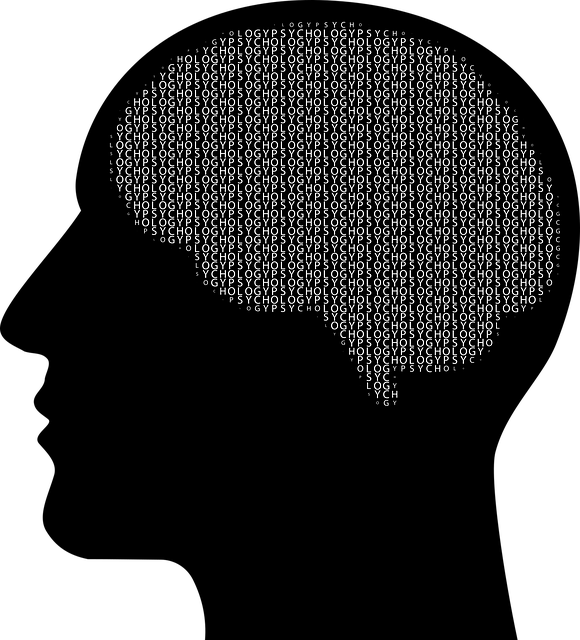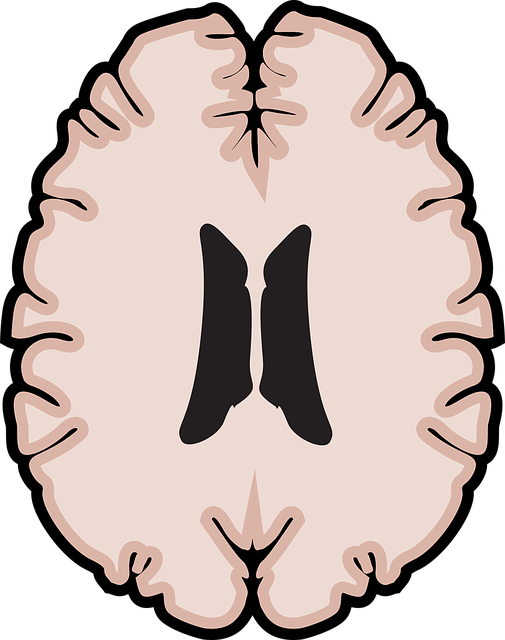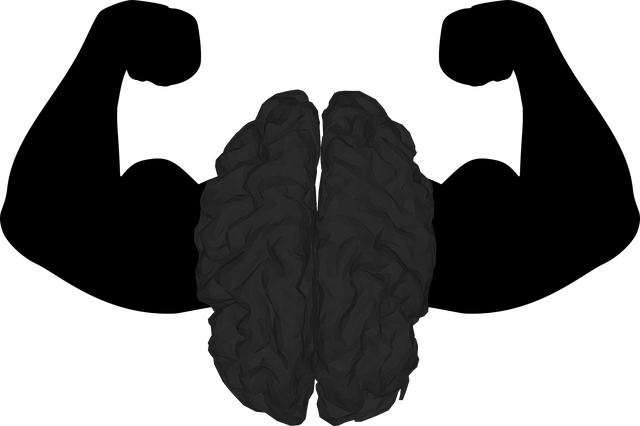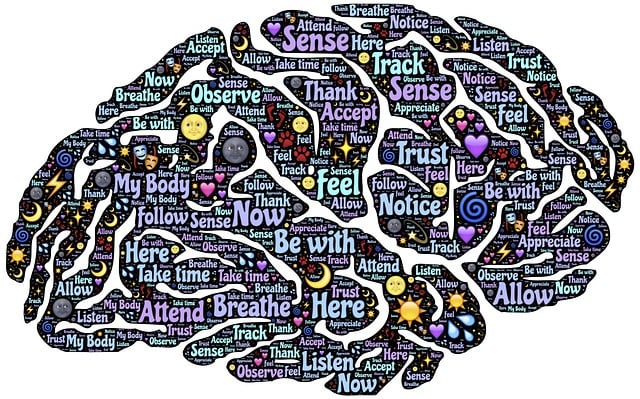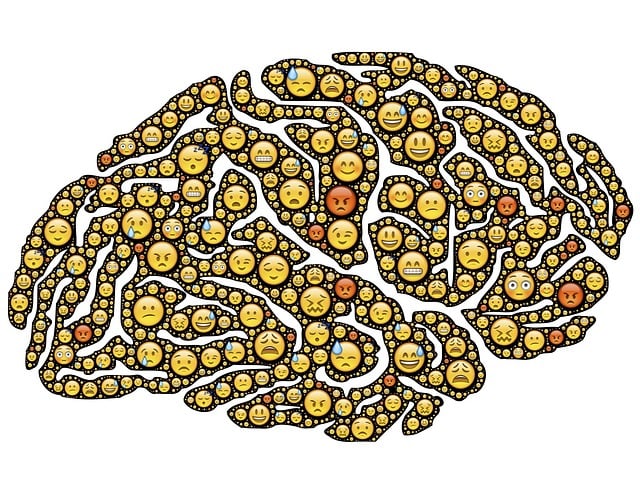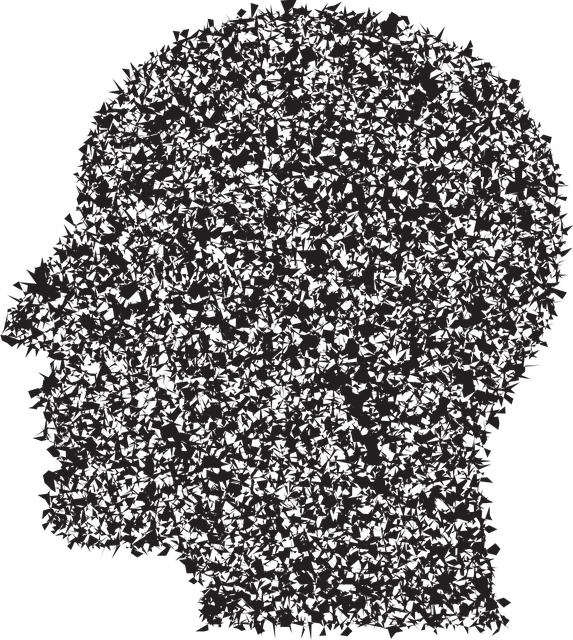Littleton Adolescent and Teen Therapy (LATT) emphasizes resilience as a vital component of mental well-being for teens facing challenges, utilizing the RFM (Risk, Resilience, Maladaptation) model. Through identifying risks and maladaptations, LATT therapists tailor interventions, teaching adaptive coping strategies and building mental flexibility. Their holistic approach incorporates diverse techniques like Compassion Cultivation Practices and cultural sensitivity training to offer personalized care that reduces stigma. By combining mindfulness practices, creative therapies, and community outreach, LATT equips teens with resilience to navigate stressors related to mental illness, measuring success through comprehensive evaluation methods.
“Uncover the power of resilience with an in-depth look at the RFM (Recovery, Flexibility, Mastery) model and its transformative impact on teens. This article explores how the Littleton Adolescent and Teen Therapy Approach leverages RFM to foster resilience. We’ll guide you through effective strategies and activities for implementing these exercises, along with metrics for measuring success within RFM programs. Discover how this unique therapy approach empowers teens to navigate challenges and thrive.”
- Understanding RFM and its Role in Resilience Building for Teens
- The Littleton Adolescent and Teen Therapy Approach: A Unique Perspective
- Implementing Resilience Exercises: Strategies and Activities
- Measuring Success and Tracking Progress in RFM Programs
Understanding RFM and its Role in Resilience Building for Teens

Resilience is a key component in fostering mental well-being, especially for adolescents navigating life’s challenges. This is where the RFM (Risk, Resilience, and Maladaptation) model comes into play, offering a structured approach to understanding and strengthening resilience in teens. By identifying individual risks and maladaptations, this framework enables professionals like those at Littleton Adolescent and Teen Therapy to tailor interventions effectively.
The RFM model recognizes that building resilience is not just about avoiding or managing crises but also about fostering adaptive coping strategies. This proactive approach helps teens develop the mental flexibility required to navigate various stressors, including those related to mental illness. Through targeted exercises and activities, professionals can guide adolescents in learning to recognize their strengths, manage triggers, and adopt healthier behaviors, thereby reducing the impact of external stressors and enhancing overall resilience.
The Littleton Adolescent and Teen Therapy Approach: A Unique Perspective

The Littleton Adolescent and Teen Therapy (LATT) approach offers a unique perspective on resilience-building exercises, emphasizing a holistic view of an individual’s well-being. This therapy model recognizes that mental health is deeply intertwined with social and cultural contexts, especially for adolescents navigating their identities and places in society. LATT therapists are trained to incorporate diverse strategies, including Compassion Cultivation Practices, to foster emotional resilience in young people. By addressing the unique challenges faced by adolescents, such as peer pressure, academic stress, and often, Mental Illness Stigma Reduction Efforts, LATT aims to empower teens with coping mechanisms that transcend traditional talk therapy.
The approach’s cultural sensitivity is a key differentiator, ensuring that healthcare providers are equipped with Cultural Competency Training to cater to the diverse needs of their young clients. This personalized approach not only enhances the effectiveness of therapy but also contributes to breaking down barriers and reducing stigma associated with mental illness in adolescent communities.
Implementing Resilience Exercises: Strategies and Activities

Implementing resilience exercises is a powerful strategy to empower adolescents and teens, as highlighted by Littleton Adolescent and Teen Therapy. These activities are designed to foster inner strength development by teaching young individuals how to navigate challenges and build mental toughness. One effective approach is incorporating mindfulness practices, such as meditation or deep breathing techniques, which have been shown to reduce stress and enhance emotional regulation. By engaging in these exercises regularly, teens can learn to manage their reactions to stressful situations, thereby improving their overall resilience.
Additionally, public awareness campaigns development can play a significant role in promoting mind over matter principles. These campaigns can educate both adolescents and the broader community about the importance of resilience and provide practical tools for cultivating it. Through creative initiatives like art therapy sessions, group discussions, or even outdoor adventures, young people can learn to reframe setbacks as opportunities for growth, fostering a mindset that embraces challenges and promotes personal development.
Measuring Success and Tracking Progress in RFM Programs

Measuring success and tracking progress are vital components of any effective RFM program, especially when considering the long-term goal of building resilience in adolescents and teens. At Littleton Adolescent and Teen Therapy, we employ a multi-faceted approach to evaluating the impact of our interventions. This involves both qualitative and quantitative methods, ensuring a holistic understanding of each client’s journey.
By integrating Compassion Cultivation Practices into our RFM exercises, we encourage self-awareness and emotional regulation, which are crucial for resilience. Additionally, regular progress reports, tailored to individual needs, allow us to adapt Burnout Prevention Strategies for Healthcare Providers, ensuring the program remains relevant and impactful. The successful implementation of a Community Outreach Program can also foster a sense of belonging and support, further strengthening the therapeutic effects.
Resilience is a vital skill for teens navigating today’s challenges. The Littleton Adolescent and Teen Therapy approach, focusing on RFM (Resource, Coping, Mastery) exercises, offers a unique and effective framework. By implementing strategies that enhance resources, teach adaptive coping mechanisms, and foster a sense of mastery, therapists can empower teenagers to build resilience. Measuring success through regular progress tracking ensures the program’s effectiveness, allowing for continuous improvement and personalized support. This holistic approach, backed by scientific research, equips teens with the tools to overcome adversity and thrive in all aspects of their lives.



